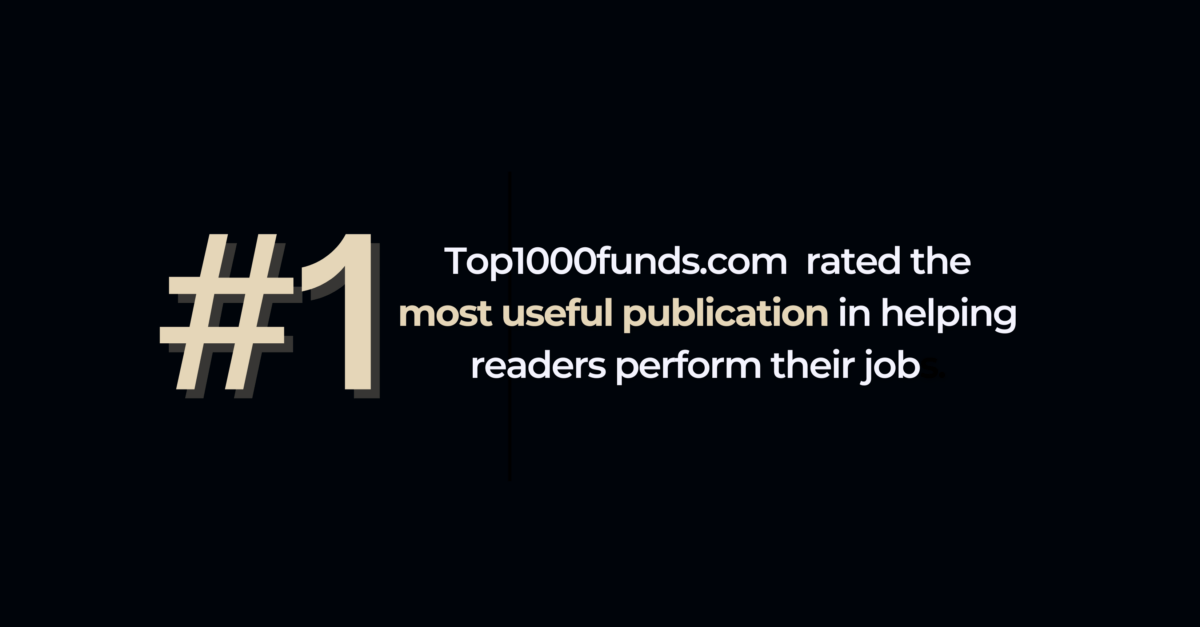The services of investment consultants need a rethink to include ESG as a standard part of the advice they provide, the United Nations Principles for Responsible Investment has stated.
In a new report, Working Towards a Sustainable Financial System: Investment consultant services review, the PRI is calling on consultants to consider and act upon environmental, social and governance factors in their service delivery.
The report states that the full suite of investment consultants’ services should be reviewed from an ESG perspective and there must be a deeper discussion in the industry about including such issues as a standard part of consultants’ advice.
The report is based on interviews with 22 investment consulting firms and industry experts (primarily in the UK, the US and Australia), data from the PRI’s member reporting and assessment framework, and data on investment consultants, their clients, philosophies and staff provided by IC Research.
“It is time to reconsider what investment advice should look like as a part of a sustainable financial system that serves beneficiaries and individual investors,” PRI director of policy and research, Nathan Fabian, said. “ESG must be a core part of investment advice, because ESG is a core part of investors’ fiduciary duties. We see market structure, market practice and regulatory reasons why ESG is not currently a core part of investment advice. Addressing these reasons is a necessary step for a more sustainable financial system.”
The report specifically identifies the barriers to ESG integration in the consulting market. They include issues on the demand – asset owner – side, on the supply side and within the wider regulatory and policy framework in which asset owners and investment consultants operate. The report suggests actions that could be taken to overcome these barriers.
Some consultants are more advanced than others when considering, and advising on, ESG. Mercer was the first consultant to include ESG rankings as part of its regular asset manager search and performance data.
To read the PRI paper click here


